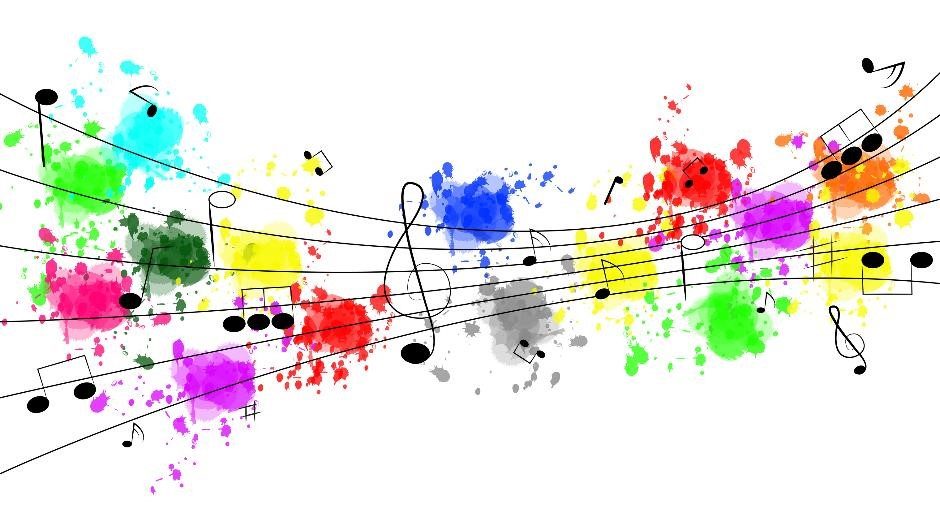
Make Music Day 2018 is commemorating 100 years of women’s suffrage so we’ve put together a list of 9 undersung female composers who should be recognised for their contributions to classical music.
-
Hildegard von Bingen (1098-1179)
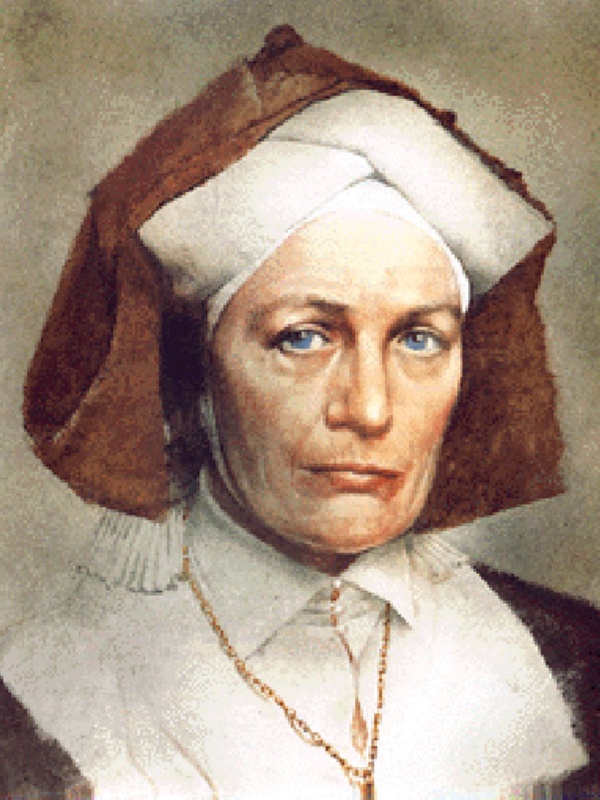
-
The original multitasking female, Hildegard wrote books on medicine, botany and theology and was one of the first known composers in the Western tradition writing over 70 musical works. The Ordo Virtutum is the oldest surviving morality play*, a genre that went on to grip the imaginations of generations on leading male writers.
*genre of theatrical entertainment
-
Clara Wieck (1819 – 1896)
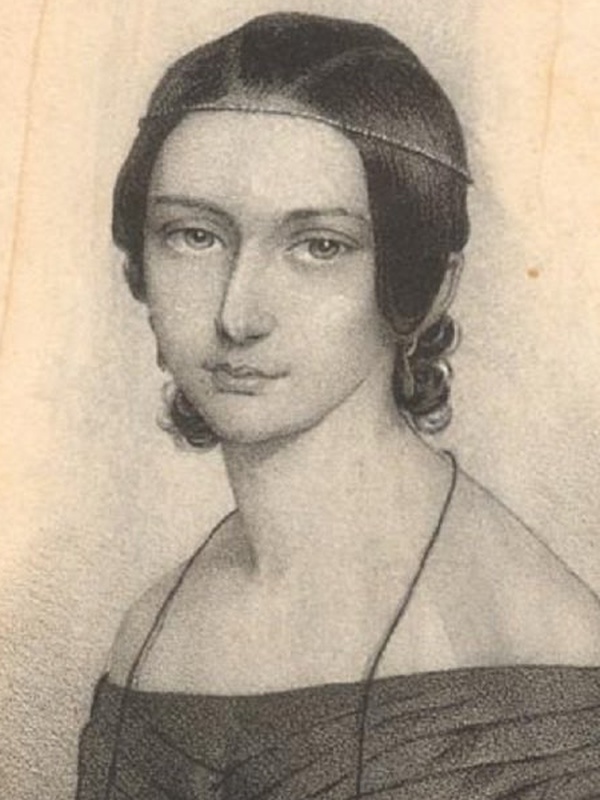
-
Writing her first piano concerto at age 14, Clara Wieck went on to become one of the most distinguished performing artists of her day. By the time she married her husband, the composer Robert Schumann, she was already world famous – and only 20. She continued to perform for 6 decades before retreating from composing.
-
Germaine Tailleferre (1892 – 1983)
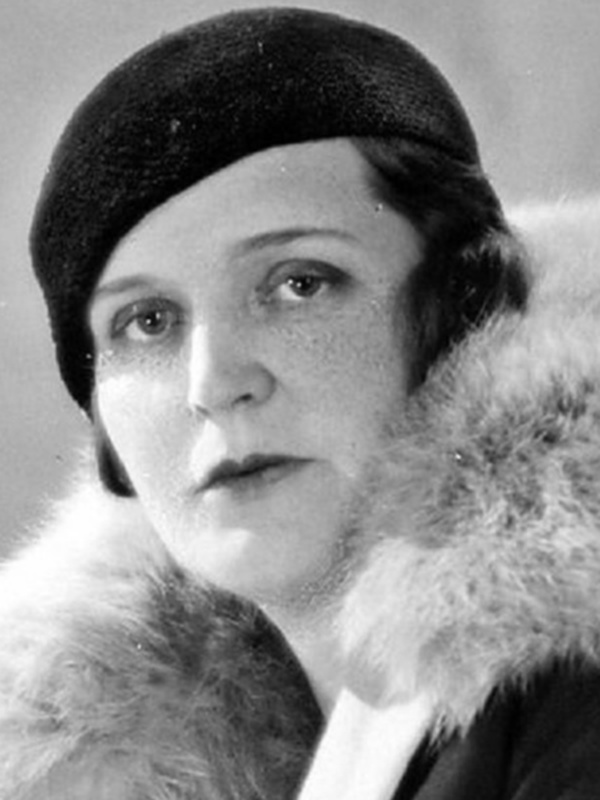
-
The only woman in the group of French composers known as Les Sex, she ignored and prejudice against her gender and kept composing. Her music included piano concertos, a harp concertino and some ballet music. She was still writing and playing the piano until the day she died at age 91.
-
Louise Farrenc (1804 – 1875)
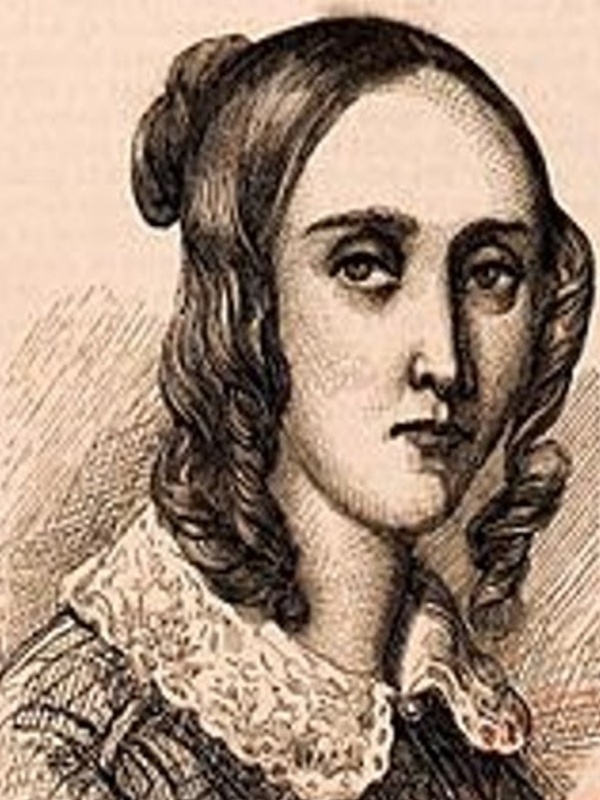
-
Louise Farrenc was a talented pianist and one of the first female instrumental professors in Europe. Her compositions were widely celebrated with star performers eager to perform her works in public. Farrenc use this newfound public success to fight for basic equality, demanding that her wages be equal to those of her male colleagues.
-
Lili & Nadia Boulanger (1893 – 1918; 1887 – 1979)
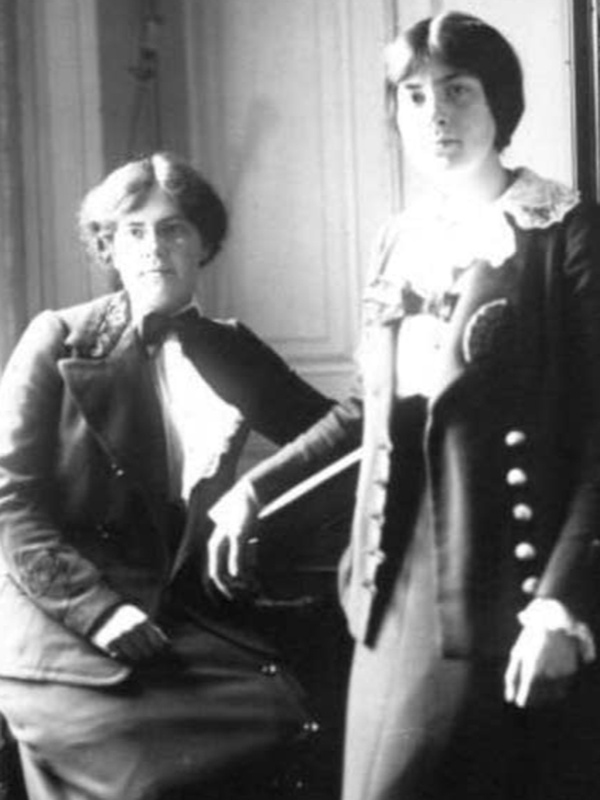
-
…
Lili Boulanger won the coveted Prix de Rome at age 19, becoming the first female composer ever to do so. She died tragically young, and the asteroid, 1181 Lilith was named in her honour. Her older sister, Nadia, went on to teach many of the leading (male) composers of the 20th century. The soundscape of contemporary music would be very inferior without her genius.
-
Cécile Chaminade (1857 – 1944)
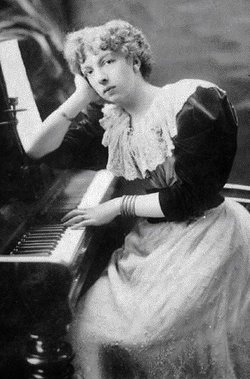
-
Performing some of her music to Georges Bizet when she was just 8, Cécile Chaminade went on to produce piano music, songs, ballet music and impressive orchestral works. Leading composer Ambroise Thomas said: “This is not a woman who composes, but a composer who is a woman”.
-
Fanny Mendelssohn (1805 – 1847)
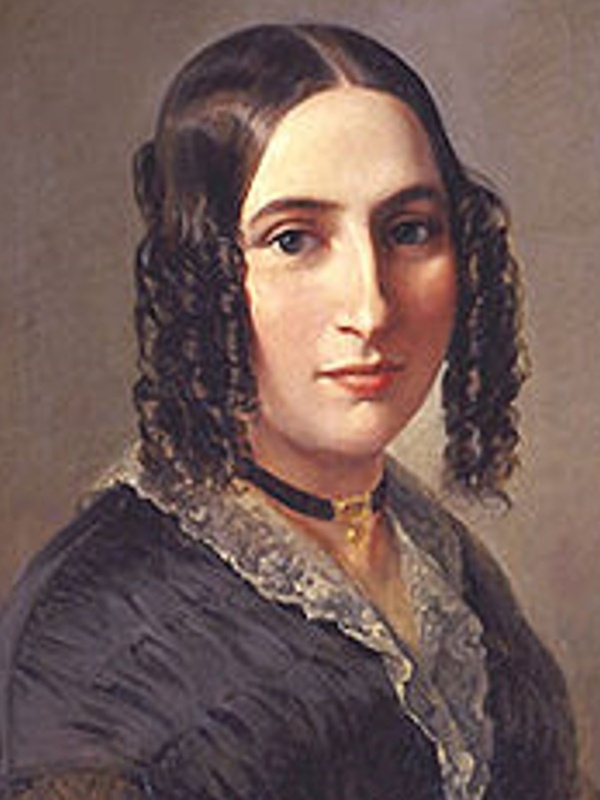
-
…
Composing almost 500 works including chamber music and piano works, Fanny Medelssohn published many of her works under her talented brother, Felix’s, name. It is assumed that Felix essentially created the ‘song without words’ genre, but some historian’s claim that Fanny came up with the idea.
-
Amy Beach (1867 – 1944)
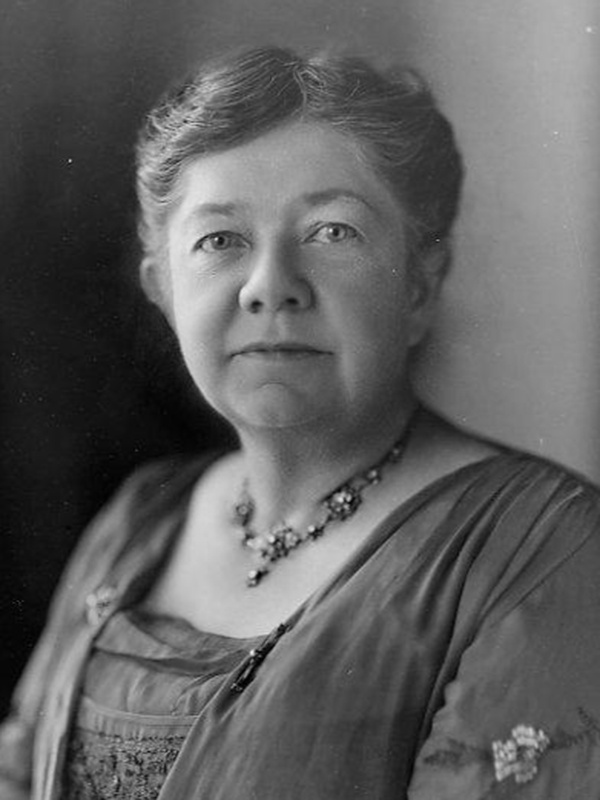
-
…
Amy Beach was an accomplished pianist before her marriage forced her the retreat back inside the domestic realm. After her husband’s death, she toured Europe and America playing her own compositions to praising audiences. Her music includes a terrific Mass in E-flat major, a violin sonata, and the ‘Gaelic’ Symphony.
-
Ethel Smyth (1858 – 1944)
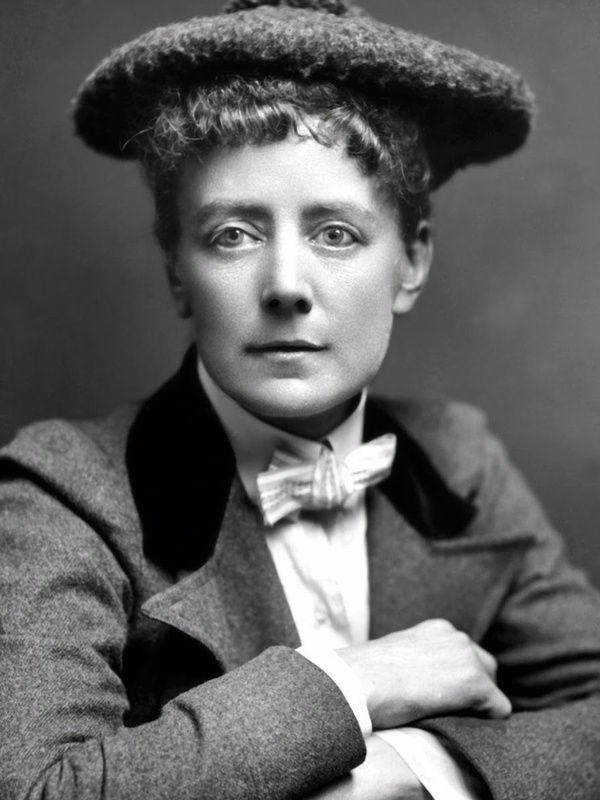
-
…
Jailed for two months in 1912 after breaking a window, Ethel Smyth spent her time in prison conducting a group of fellow suffragettes and prisoners using her toothbrush. She was a devoted feminist and tireless activist for women’s rights. Her composition March of the Women became an anthem for the suffragettes.
…